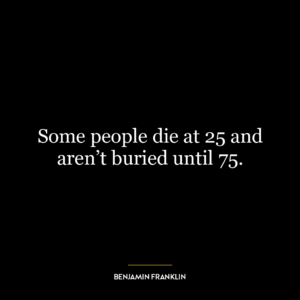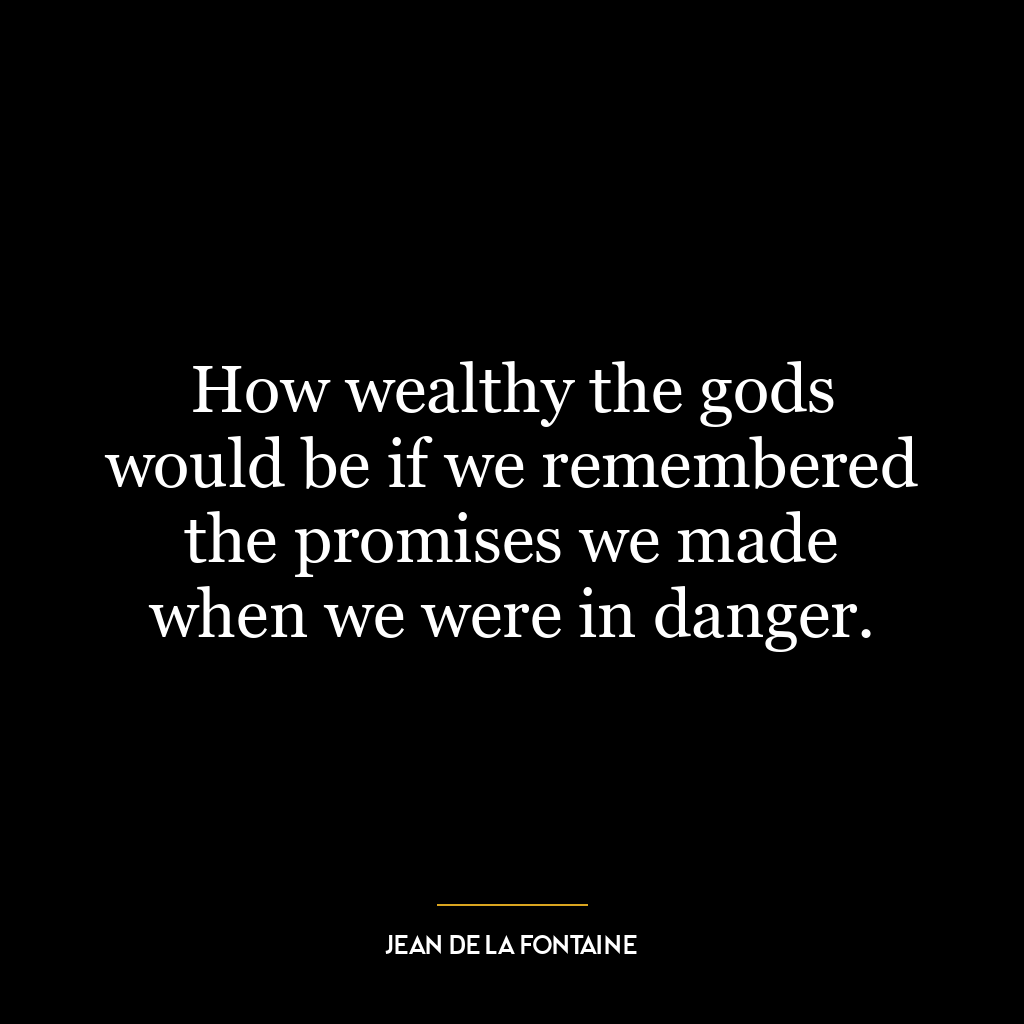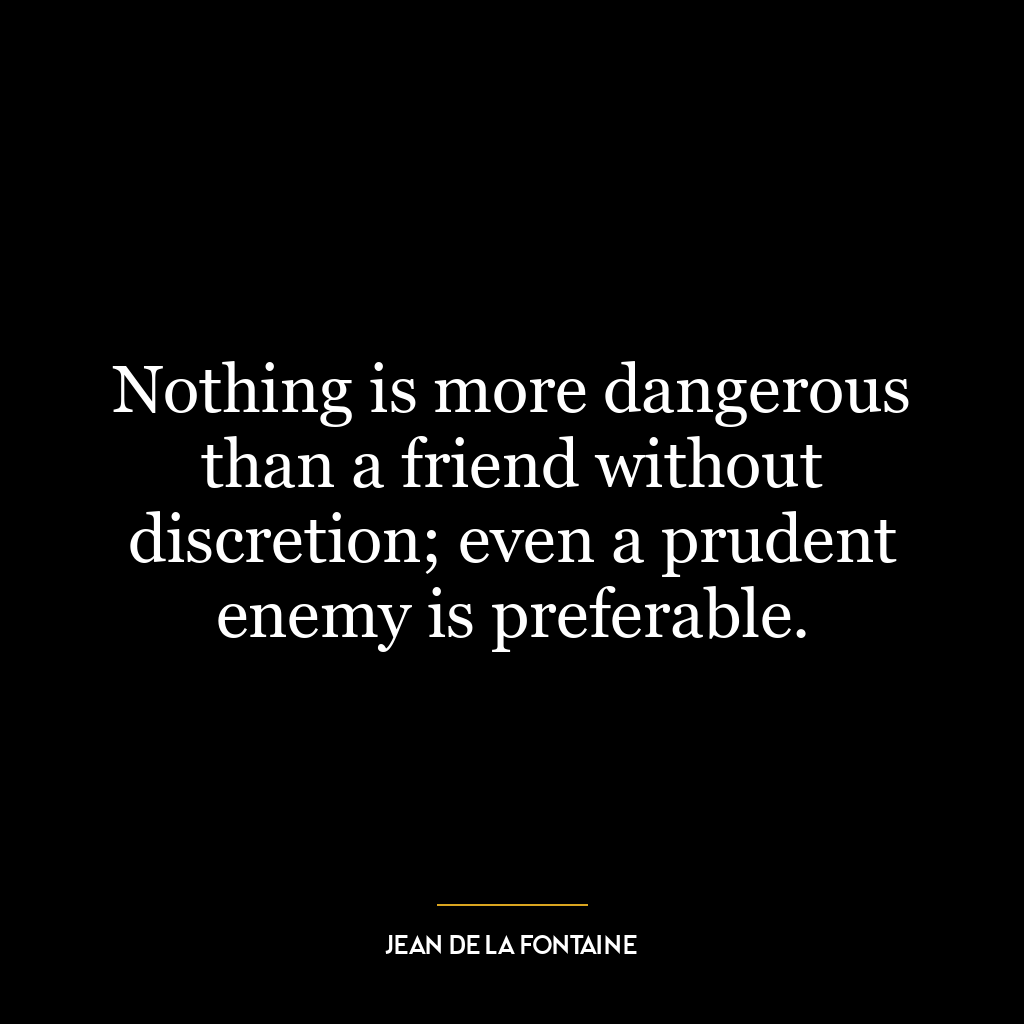If we give up freedom for security, we are in danger of losing both.
This quote implies a cautionary tale about the potential pitfalls of sacrificing personal liberty for the illusion of safety. It suggests that when we willingly relinquish our freedoms in exchange for a perceived sense of security, we are at risk of losing both. The reason being, once we give up our rights, we become vulnerable to those in power, who could potentially misuse it, thereby compromising our security.
In essence, the quote is advocating for a balanced approach between freedom and security. It is a reminder that security should not be sought at the expense of freedom, and vice versa. It’s a call to maintain our vigilance and critical thinking, to question the price we’re asked to pay for safety, and to ensure that it does not infrive upon our fundamental rights.
Applying this idea to today’s world, it can be seen in the debates around privacy and surveillance. With the rise of digital technology, there’s an ongoing tension between the need for security against threats like terrorism and crime, and the protection of individual privacy rights. For instance, governments and corporations may argue that they need access to personal data to keep society safe. However, if people accept this without question, they may end up losing their privacy (a form of freedom) and ironically, their security too, as their data could be misused.
In terms of personal development, this quote can be interpreted as a lesson about self-empowerment and the importance of personal boundaries. It suggests that one should not compromise their freedom (like the freedom to make choices, to express oneself, to pursue one’s interests) for the sake of security (such as staying in a comfort zone, sticking to routine, or maintaining unfulfilling relationships). Doing so may lead to a loss of both, as one might lose their sense of self (freedom) and still feel insecure. It encourages individuals to strike a balance between taking risks (exercising freedom) and ensuring safety (maintaining security).















